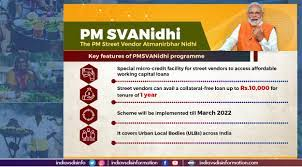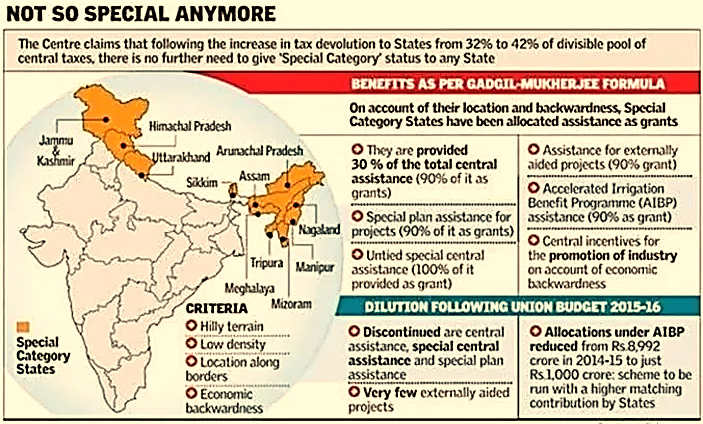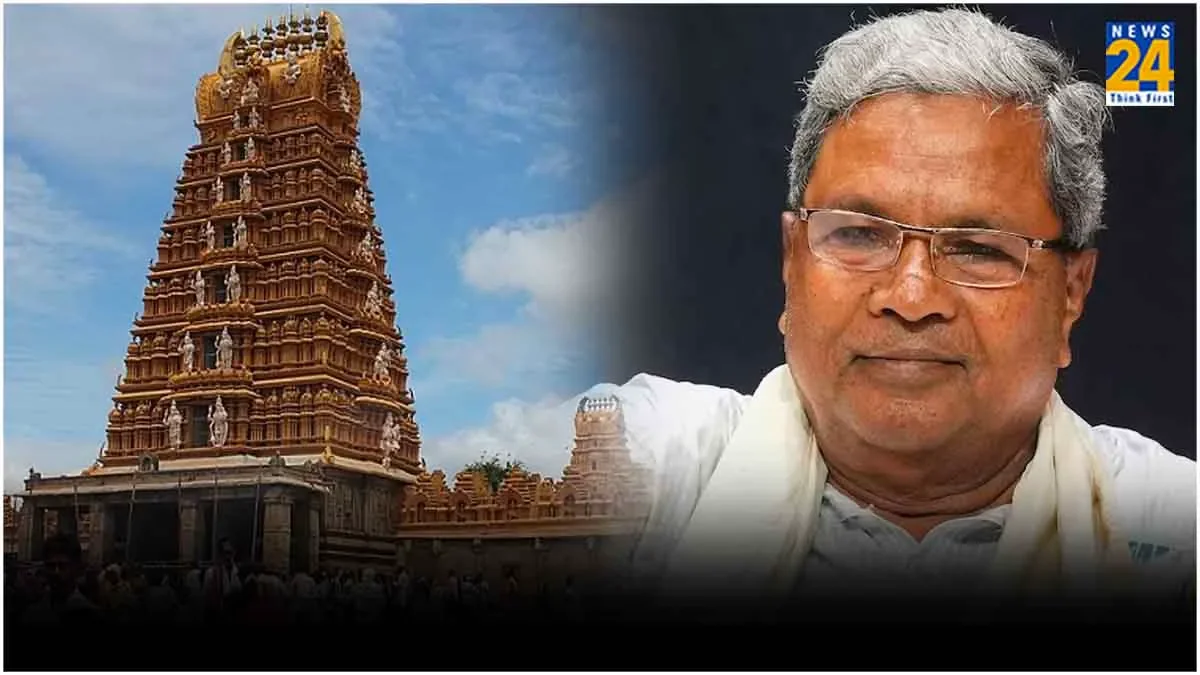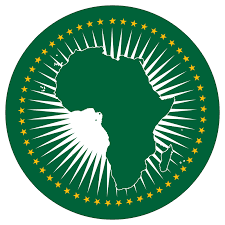
Dalit Political Parties
Subscribers of "Current Affairs" course can Download Daily Current Affairs in PDF/DOC
Subscribe to Never Miss an Important Update! Assured Discounts on New Products!
Must Join PMF IAS Telegram Channel & PMF IAS History Telegram Channel
- Context (TH): Dalit politics in India evolved with the rise of independent Dalit political parties, like the Republican Party of India (RPI), the Bahujan Samaj Party (BSP), and other regional political parties.
Factors Responsible for the Rise of Dalit Politics
- The socio-political profile of Dalit communities has changed over time. It was because of the following factors:
- Influence of democracy
- The percolation of education at the grassroots
- State-led affirmative actions
- Rising developmental desires
Role of Independent Dalit Political Parties
- Dalit empowerment
- Cultivation of assertive consciousness among Dalits
- Rise of several leaders and cadres in the Dalit communities
Reasons for the decline
- Most independent Dalit political parties are gradually weakened with each passing day. The reasons for the decline include:
- Individual ambitions and a growing impatience of Dalit leaders to gain political power.
- Failure to provide sufficient political space to a politically aspirant section of Dalit communities.
- Unable to respond to the changing aspirations and identity quest by a section of Dalit communities.
- Growth of a dynastic political culture.
- Failure to develop an effective political programme.
- Working in a conventional mode of politics
- Fragmentation within party
- Social welfare schemes launched by the major political parties attract Dalit people and leaders to their party.
History of Dalit Politics
Dalit Panthers
Bahujan Samaj Party (BSP)
|





![PMF IAS Environment for UPSC 2022-23 [paperback] PMF IAS [Nov 30, 2021]…](https://pmfias.b-cdn.net/wp-content/uploads/2024/04/pmfiasenvironmentforupsc2022-23paperbackpmfiasnov302021.jpg)











